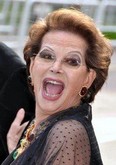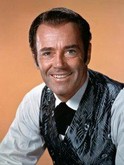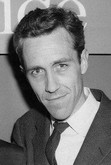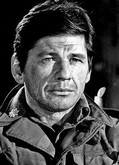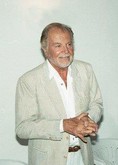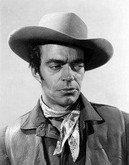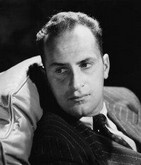
C'era una Volta il West (1968)
Once upon a Time in the West / Er Was Eens in het Verre Westen / Het Gebeurde in het Westen
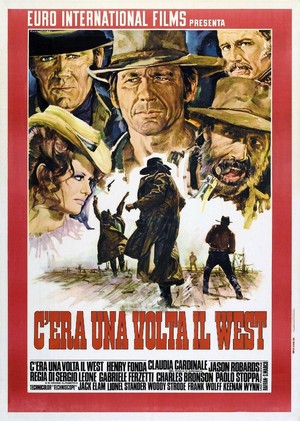
Raiting: ![]() 8,4 /10
8,4 /10
Genre: Western
Director: Sergio Leone
Stars: Henry Fonda, Charles Bronson and Claudia Cardinale
Country: Italy / United States
Release date: 21 December 1968
Length: 165 minutes / 175 minutes (Italian restored version) / 145 minutes (theatrical version, US)
